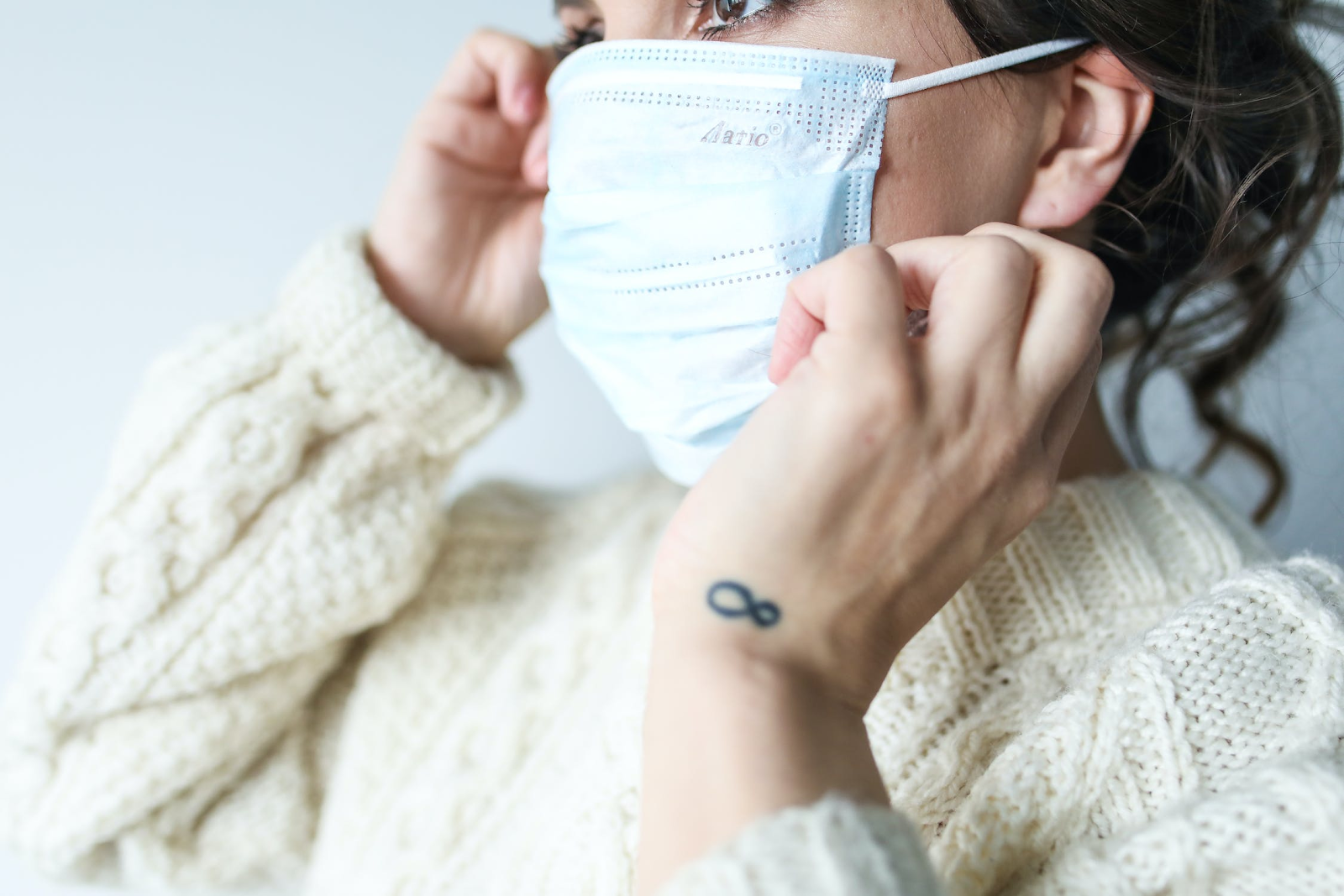Introduction
Human metapneumovirus (HMPV) is a respiratory virus that affects people of all age groups. First identified in the Netherlands in 2001, HMPV has gained recognition as a significant cause of respiratory tract infections worldwide. In this article, we will delve into the nature of HMPV, its potential dangers, and essential precautions individuals can take to prevent its spread.
Understanding Human Metapneumovirus (HMPV)
Human metapneumovirus is a negative-sense, single-stranded RNA virus belonging to the Paramyxoviridae family. It shares similarities with respiratory syncytial virus (RSV) and is classified within the same subgroup. HMPV can cause upper respiratory tract infections, bronchitis, and pneumonia. The virus spreads through respiratory droplets generated by coughing, sneezing, or close contact with infected individuals.
The Potential Danger
While HMPV infections can occur throughout the year, they are most common during the colder months, with peak activity in winter and spring. HMPV affects individuals of all ages, but it poses a more significant threat to infants, young children, older adults, and individuals with weakened immune systems.
For healthy individuals, HMPV often results in mild symptoms resembling a common cold, including cough, runny nose, sneezing, and fever. However, severe cases can lead to bronchiolitis or pneumonia, especially in vulnerable populations. In some cases, HMPV infection can exacerbate pre-existing respiratory conditions or trigger complications, such as asthma attacks.
Precautions to Minimize HMPV Transmission
1. Frequent Hand Hygiene
Regularly washing hands with soap and water for at least 20 seconds is a fundamental preventive measure. In the event that cleanser and water are not promptly accessible, utilizing a liquor based hand sanitizer with something like 60% liquor content is a powerful other option.
2. Respiratory Behavior
Covering your mouth and nose with a tissue or your elbow while hacking or wheezing can forestall the spread of respiratory beads. Discard utilized tissues right away and clean up a while later..
3. Avoid Close Contact
Limit close contact with individuals displaying symptoms of respiratory infections. Maintain a safe distance, especially if someone is coughing, sneezing, or has a fever.
4. Clean and Disinfect Surfaces
Regularly disinfect frequently touched surfaces, such as doorknobs, countertops, and toys. Use appropriate disinfectants and follow the instructions for effective disinfection.
5. Stay Home When Sick
If you experience symptoms of a respiratory infection, it is essential to stay home and avoid contact with others. This will help prevent the spread of HMPV and other respiratory viruses.
6. Vaccination
Although there is no specific vaccine available for HMPV, maintaining up-to-date vaccinations for other respiratory illnesses, such as influenza and pneumococcal infections, can help reduce the burden on the respiratory system.
7. Boost Immune System
A healthy immune system can better defend against respiratory infections. Maintain a balanced diet, engage in regular exercise, get adequate sleep, and manage stress to support your immune health.
Conclusion
Human metapneumovirus (HMPV) is a respiratory virus capable of causing mild to severe infections, particularly in vulnerable populations. By understanding the nature of HMPV and taking necessary precautions, we can minimize its transmission and protect ourselves and those around us. Practicing good hand hygiene, adhering to respiratory etiquette, and maintaining a healthy lifestyle are vital steps in preventing the spread of HMPV and maintaining respiratory well-being. Stay informed,












No comments:
Post a Comment